What do you expect from the future Financial framework of the European Union in regards to cohesion policy?
The European Commission's budget proposal has been constructed with a task of maintaining very ambitious cohesion policy, regardless of the challenges that financial framework has been facing in recent months due to the Brexit uncertainty. In a way, especially because of Brexit and new challenges that have been rising lately, the Commission is very eager to protect ambitious cohesion policy for the future.
Do you think that Brexit will have a negative effect on the stability of future Financial framework?
At this stage, we are still counting on Brexit happening on the 29th of March, thus Commission's financial plans have been made accordingly.
How would you asses the impact of EU's cohesion policy on the European 'developing' countries, such as Croatia? Do you think that the future cohesion funds will be more available for underperforming Member States?
The Commission will continue to invest principally in so-called 'struggling countries'. Currently, we are using different terminology when referring to those states; 'countries with GDP per capita below 75 percent of the EU average'. Those countries still have a lot of catching up to do, so investments will continue to be vital for the progress. We know that the European cohesion policy has had a very important outcome, especially in attracting additional investments for realms like infrastructure, health-care, education etc.
The added value of these projects has to be emphasized as well. Even though the funding is managed by the Member States, objectives and rules are agreed upon together. That way, the new Member States like Croatia can work with other, more experienced, countries while exchanging knowledge and good practices. We believe that through cross-border cooperation progress and improvement will be achieved faster and will have better results. In my opinion, one of the most important advantages of EU membership is being able to talk to countries like Slovenia and Poland and ask them for advice in order to avoid repeating same mistakes that they were struggling with.
EU funds have to be implemented simultaneously with structural reforms. It is not enough just to build a road here and a hospital there anymore. It is becoming extremely important to envision projects that will have a long-term effect on the local community. Projects have to include people, especially the ones that have been left behind by various socio-economic factors.
Our citizens are frequently criticizing the government for not using all of the available EU funds more efficiently. Until recently, we have successfully used only 9 percent of available financial means. Nowadays we are getting closer to 65 percent, but we might still be forced to pay a penalty. How do you think Croatia has managed thus far?
Do not be focused on penalties. Every Member State, even the most developed countries, sometimes have to pay so-called penalties. It is definitely a challenge and an important matter that has to be addressed. The most important thing is that Croatia is quickly learning to use the available funds. You have to remember that this is the first structural period for Croatia. Yes, there have been weaknesses and delays. However, we anticipated all of those challenges when you joined the EU in 2013, and we were prepared to offer technical and administrative assistance. I think that now Croatia is learning.
There are a lot of things that have to happen simultaneously for such projects to succeed. First and foremost, there has to be political stability. Then, we need complete government backing cohesion policy, while using funds strategically in order to maximize their efficiency. The next precondition is to have a capable and well-trained staff that is able to carry out projects. Last but not least, all of the regions have to be involved, especially the ones that are less developed than Zagreb. But, I repeat, Croatia is learning. We visited a fantastic project yesterday, and that the best proof of the progress.
Can you name one project in Croatia that you are particularly excited about?
Yes, the digitalization of high-schools that is being carried out with CARnet. The pilot project has been active for several years, but now the findings will expand to other schools in Croatia. It is very exciting, interactive and interesting.






